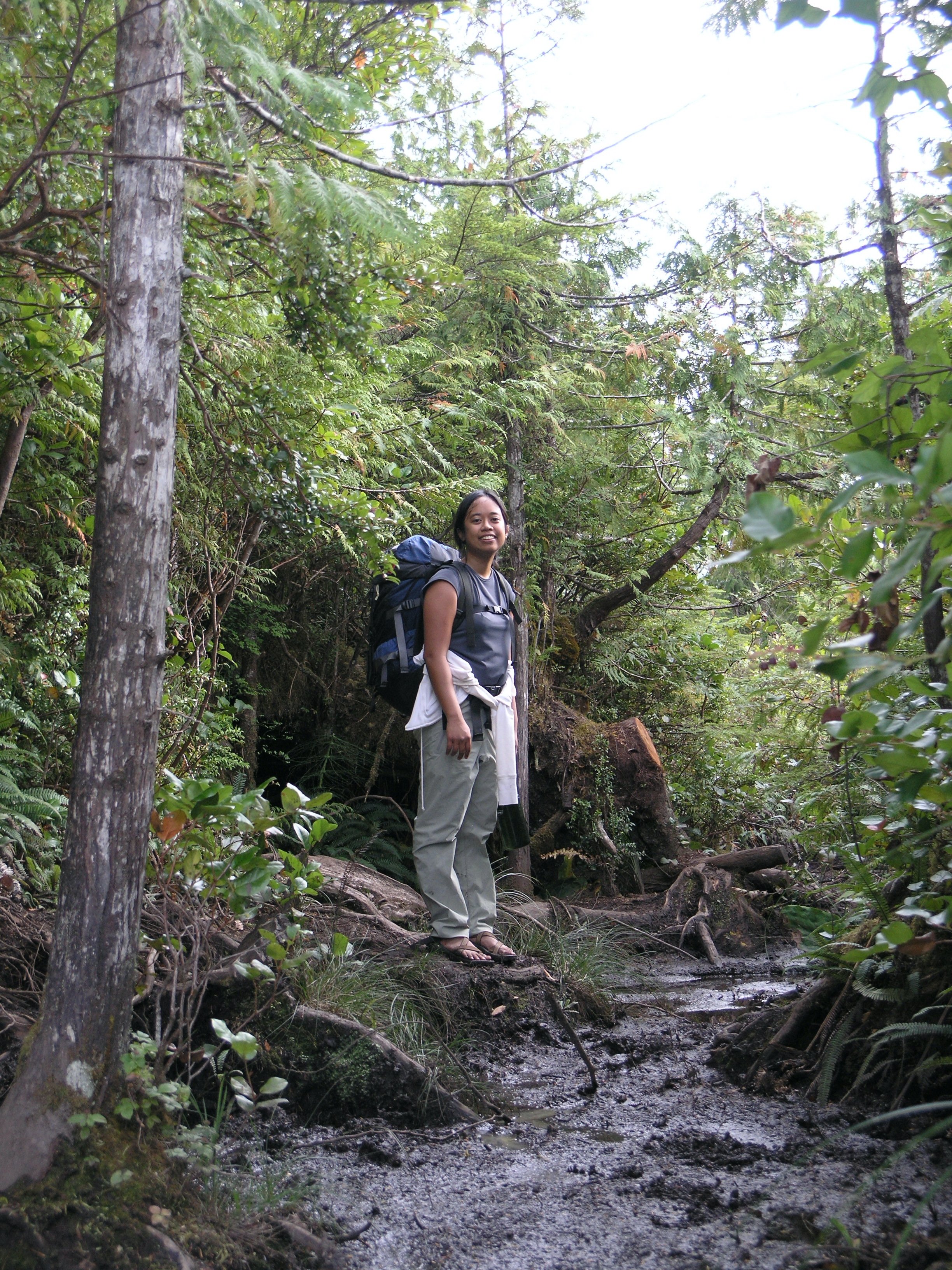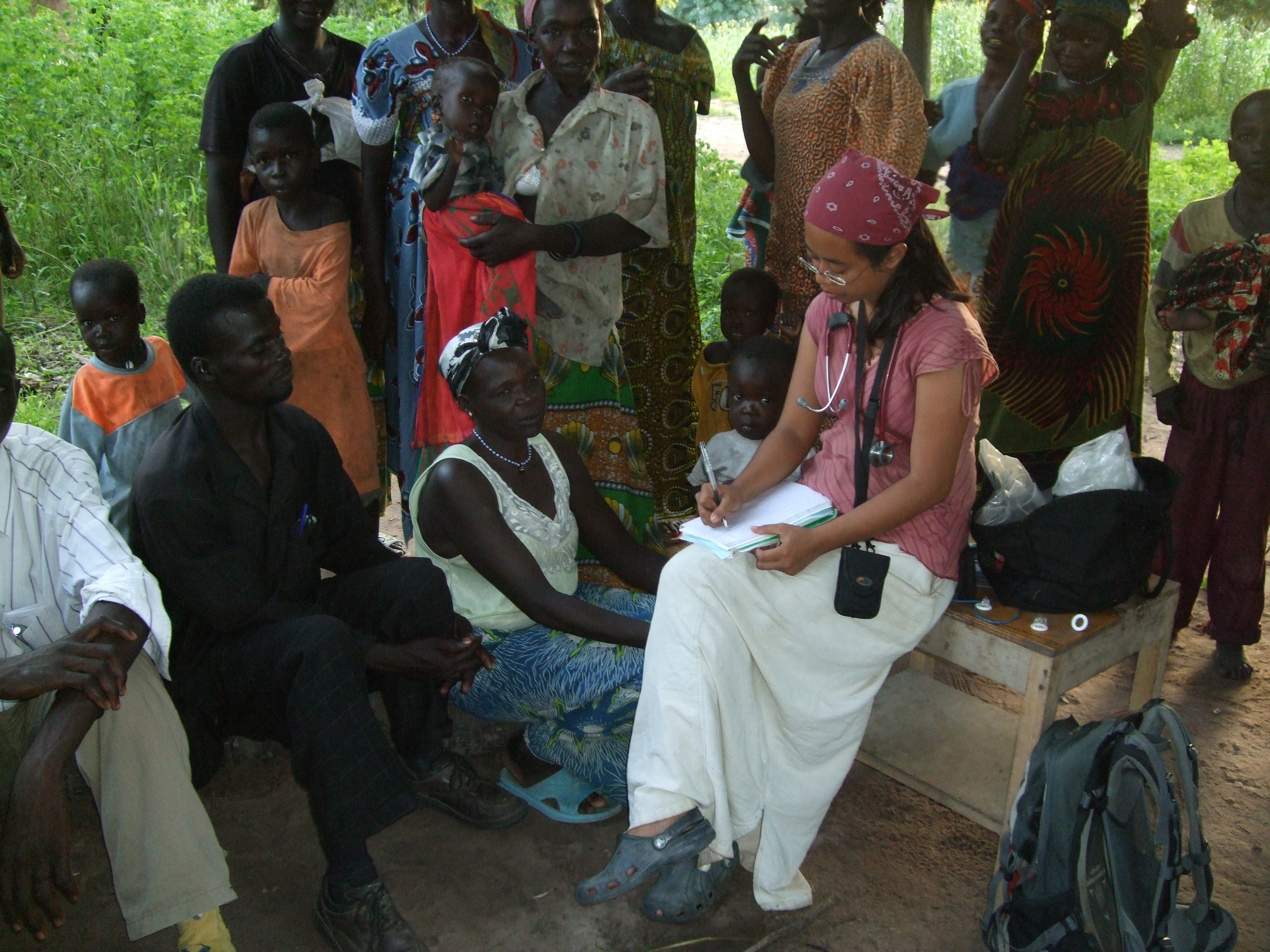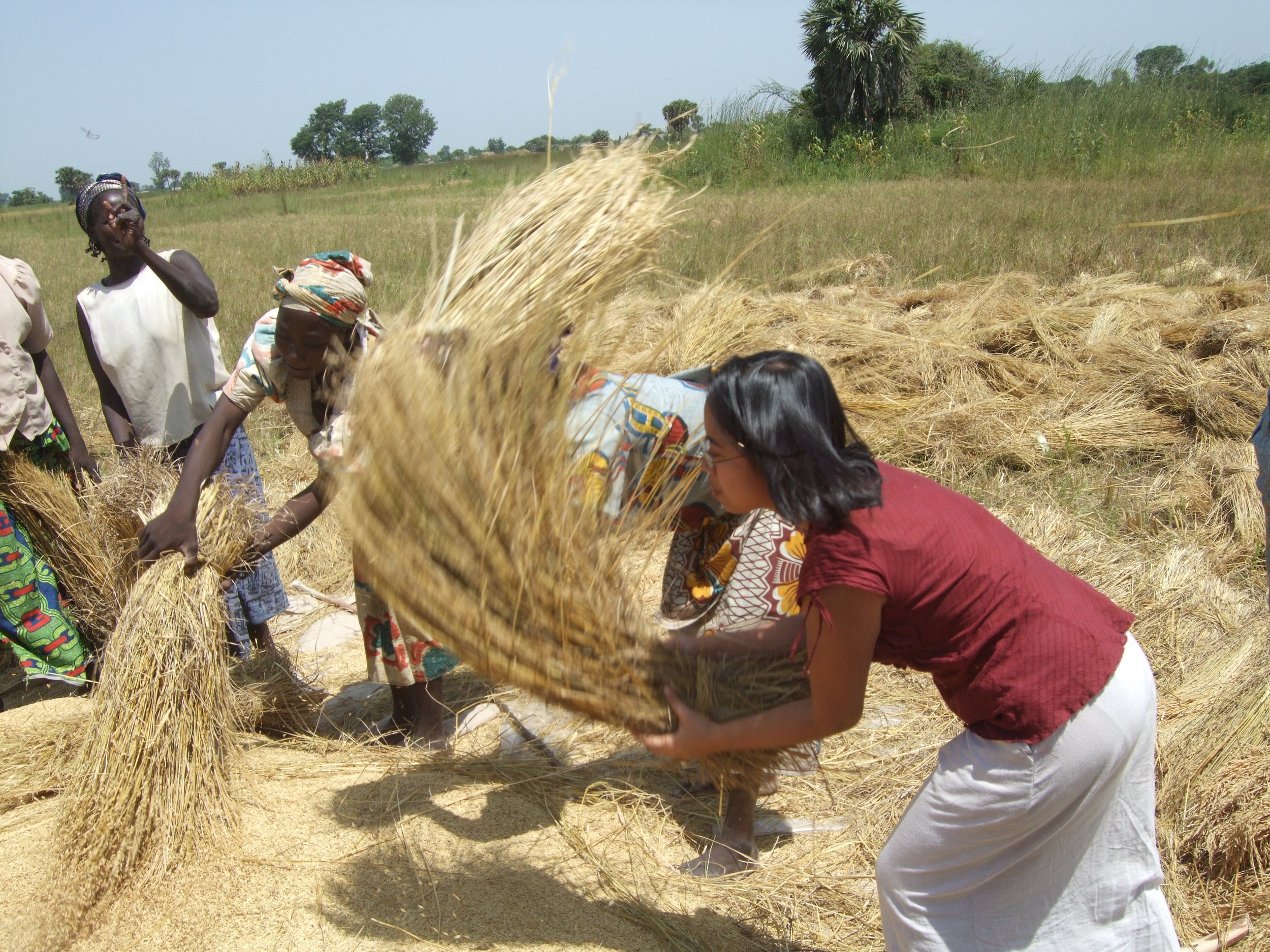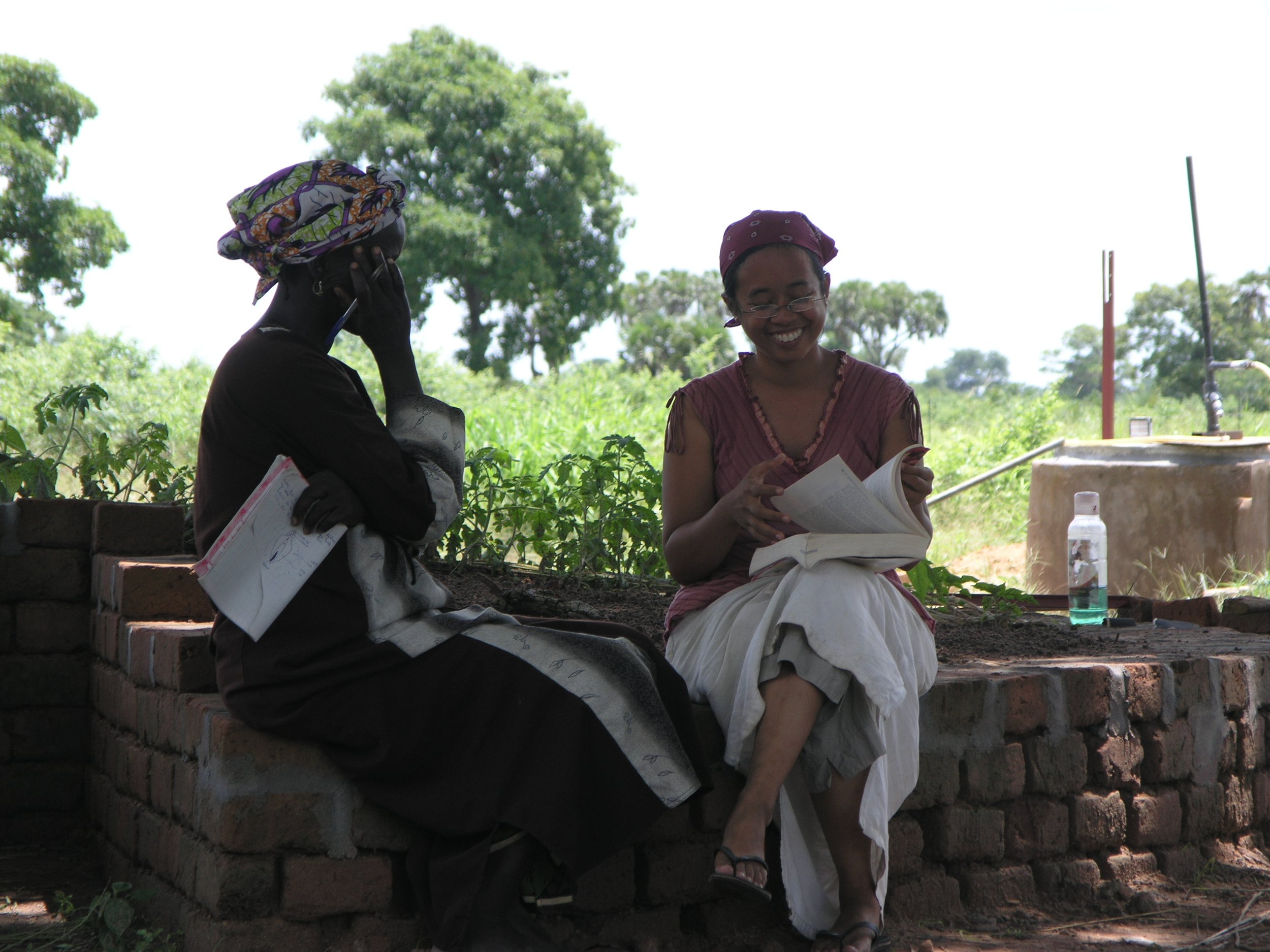Being fired helped realise my dreams
Losing my job left my confidence in tatters. But from that loss was born a courage to chase a long-standing dream in Africa
Exclusive | 3 min read
I’d always been inspired by charities sending medics to countries in humanitarian crises. In nursing school, I followed the blog of one such doctor in Chad. He reset broken bones and saved babies from malaria. Someday, I hoped, I would have the medical experience to make a bigger impact like he was.
After I finished my nursing degree in the US, I moved to Canada. The medical surgical unit I joined as a graduate nurse seemed supportive and my mentor was kind, but little things started to erode my confidence. I was a new nurse, but superiors scolded me for being ‘slow’ and asking ‘too many questions’.
The more experienced nurses began thinking I didn’t know what I was doing. ‘It’s strange,’ an educator told me. ‘Your knowledge is fine, but the senior nurses don’t think so. You need to be more assertive and act more confident to convince them.’
I was a stereotypical Asian introvert, so I worked on being assertive and hiding my dwindling confidence from the snide comments and endless observations. I couldn’t lie when the manager asked if I felt confident because I didn’t.
devastating blow
Later the manager called me into her office and told me I no longer had a job. I was still in shock when my union representative, who’d been with me through all the meetings at work told me I could fight the termination. She said I had enough to build a case, but the weeks of stress had taken its toll. I just wanted to go home and never see those people again.
I sank into a dark pit of despair. I had lost the right to call myself a nurse in Canada, despite being a registered nurse in the USA and having waited a year in Canada for the paperwork to come through, allowing me to work as a supervised nurse. In the last part of my certification process - the final hurdle - I’d been let go. My self-esteem was too shattered to do the testing required to be allowed to practice nursing again.
My dream of helping people was dead. Or was it? A crazy idea popped in my head, and I went with it, tracking down the inspiring doctor in Chad whose blog I’d been following and found out he welcomed new volunteers. Three months later I’d put my things in storage and journeyed to a remote village in the middle of sub-Saharan Africa to volunteer with a humanitarian group.
Arriving in the remote central Africa Chad village of Bere, I looked around the mud huts with grass roofs, black palms and mango trees and couldn’t believe I was standing in the same world of stories I had been reading about for so long.
During my hospital orientation, I found out I would be rotating between the paediatric, emergency, post-operative, and maternity wards - areas of nursing I had no experience in. I also didn’t have tropical medicine training and though I spoke French having grown up in West Africa, I didn’t know the medical jargon I would need.
Self-doubt
The excitement of being there mixed with the realisation that I may be in over my head. Panic set in and I wondered if I would ever be able to handle it all.
At night, I was one of only two nurses in the 60-bed hospital. Villagers came in with strange tumours, pregnancy complications, malnutrition, hernias, infections that had gone on too long, and fractures not yet set and healing incorrectly. There were babies too, often with serious anaemia from Malaria.
It was way outside of my comfort zone, and I found myself thinking, oh no, what have I done?
Luckily, working 45-50 hours a week left little room to ruminate. I had just days to learn about the tropical diseases my patients would be battling like cerebral malaria, hookworms, giardia, river blindness, tapeworms and tuberculosis, and the basic medical words in the local dialect I’d need to know in order to make proper medical assessments – all whilst taking care of 15-30 or more patients at a time.
But one thing I couldn’t prepare myself for was how often I’d have to write deceased on children’s medical charts. The first time I put my stethoscope on a child’s chest and heard only silence, my heart broke. Her name was Rosalie.
I had just gotten back from the pharmacy with the medications she needed but it was too late. ‘There was nothing you could have done, Annie,’ they told me. ‘Sometimes they just come too late.’ Malaria is not kind when you are malnourished.
The worst part was knowing Rosalie could have been saved if only she’d been brought for treatment earlier. I started running regular village clinics for kids like her. I reasoned if I could be in the village and catch children’s malaria symptoms early, I could convince parents to go to the hospital before it was too late.
One day, my assistant and I saw a mother walking by with her baby wrapped onto her back, a tiny, emaciated figure who looked like skin on a skeleton. Horrified, we took the mother and baby straight to the hospital and admitted her little boy.
A few weeks later, after nutrition education for the mum, medication to kill parasites and treat malaria, the baby began to improve. He was still malnourished but on his way to better health.
Village clinic
I swapped working in the hospital to run mobile clinics full-time in surrounding villages, doing assessments, and administering basic treatments, whilst encouraging the complicated cases to go to the hospital. Malaria, parasites, strange skin diseases, tumours, and wounds - we saw them all.
I taught health and hygiene classes, educating families about different diseases and training other health workers.
One day in the market, a young mother with a baby wrapped on her back was choosing tomatoes in the stall beside me. When she saw me, she greeted me excitement. I took her outstretched hand and shook it, smiling.
‘You don’t remember me?’ she asked. She looked familiar but I’d seen so many faces in the hospital and market and I couldn’t place her. ‘It’s Genevieve!’ she prompted. ‘You helped deliver my daughter.”
My memories of that hectic night came flooding back. Genevieve arrived at the hospital in premature labour on a night so busy the shift handover came with next to no information about all the patients in the hospital. It was manic but I’d helped deliver her daughter five weeks early.
Now, I looked at the little baby sleeping peacefully on her mother’s back and her mother spoke again. ‘Her name is Annie,’ Genevieve said. ‘I named her after you.’
It was in that moment I realised losing my job in Canada’s had been a gift from the universe, pushing me to accomplish my dreams sooner rather of later. Losing my job had shoved me outside of my comfort zone and forced positive growth.
Recovery
Little by little, I stepped into myself with a renewed confidence and found my own way to make a real and positive impact in the world.
After returning to Canada a year later, I did a gruelling three-day nursing evaluation with written tests and mock live patient scenarios. My examiner was confused when she saw how skilled and competent I was. ‘Why did they even require this of you?’ she said, writing ‘excellent’ on my report.
By then, I didn’t need anyone to tell me I was excellent or confirm my skills as a nurse anymore. I was sure of them in my bones. Since then, my career went from strength to strength, evolving into yet another dream: writing. Being fired a decade ago opened doors to so many opportunities and it worked out better than I could have ever planned.
Like this article? Please help us commission more like it by donating the cost of a cuppa on Ko-fi. Sharing this article on your social media, and following us on Instagram, Facebook, and Twitter are also a great way to support our independent, self-funded platform.
We encourage debate, but trolls are not welcome. Please read our comments policy before contributing.








